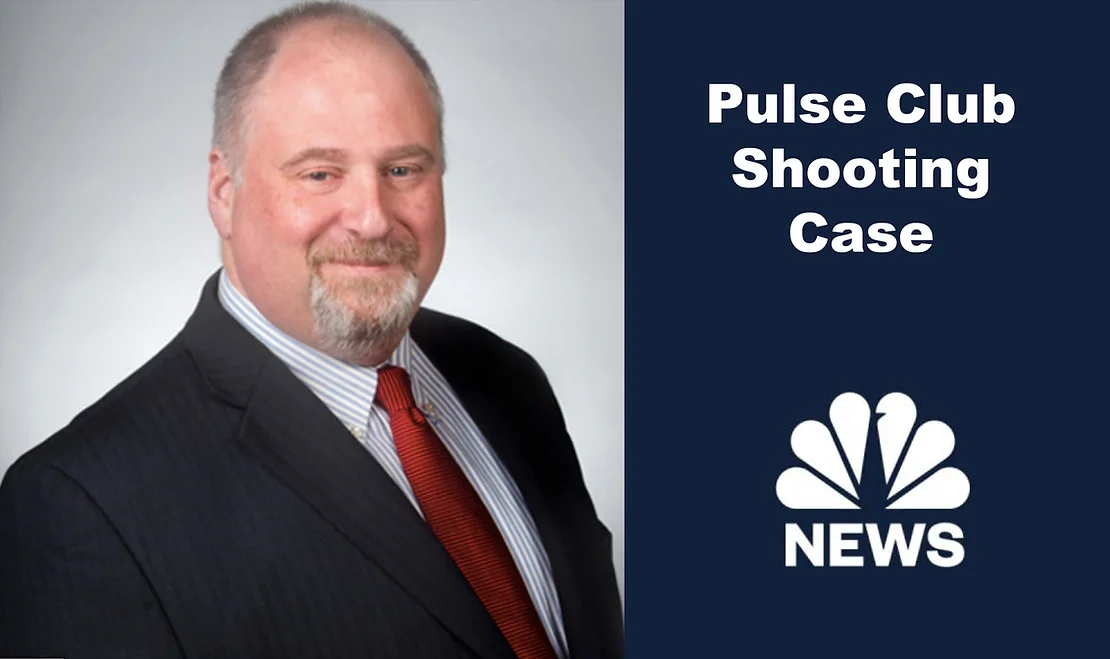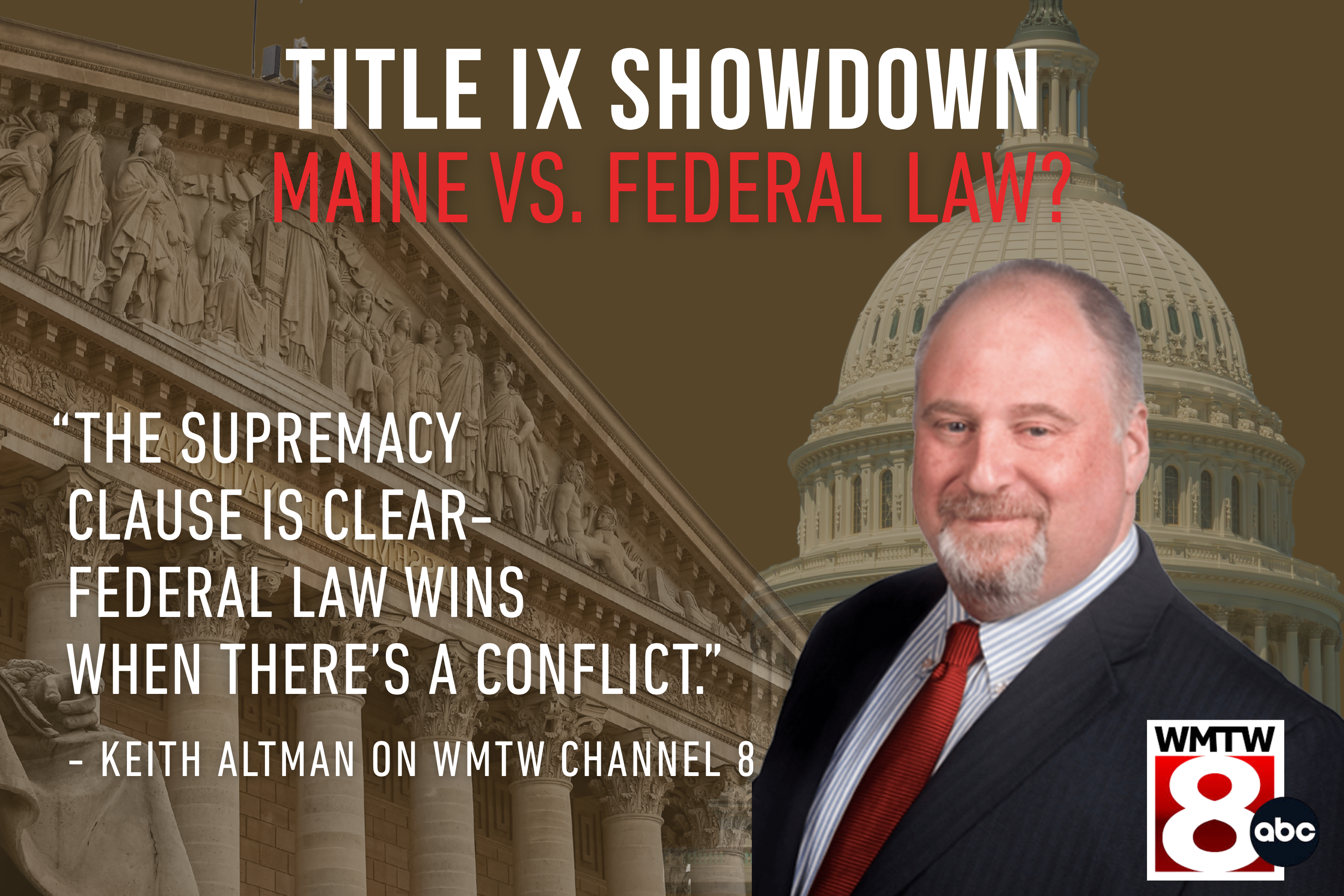Following the tragic Orlando’s Pulse nightclub shooting in June, relatives of three victims have taken to court against some of the biggest social media giants – Facebook, Twitter, and Google’s YouTube. The lawsuit claims that these platforms recklessly permitted ISIS to use their networks for terrorist recruitment purposes.
On the fateful day of June 12, Omar Mateen gunned down 49 people, including Tevin Crosby, Javier Jorge-Reyes, and Juan Guerrero. Mateen pledged allegiance to ISIS during a momentary break in his rampage. While investigators noted that Mateen had praised various terror groups, the focus has significantly shifted to the influence of social media in this story.
Speaking to NBC News, Keith Altman, the lawyer representing the families of the victims, declared without hesitation:
Social media is at the heart of much of this terrorist activity, and something has to be done.
Altman went on to emphasize how these platforms significantly contributed to the rapid ascent of ISIS as the world’s most formidable terrorist group.
The lawsuit, filed in a federal court in Michigan, where some family members of the victims live, alleges that these social media giants intentionally let ISIS exploit their networks to spread extremist messages, gather funds, and attract fresh recruits. The families strongly believe that these platforms could more proactively block known ISIS recruiters from creating new profiles after they’ve been identified and closed. Additionally, the lawsuit states that these companies profited from terrorist content by placing ads on ISIS postings.
While Facebook expressed their commitment to user safety and a zero-tolerance policy towards content endorsing terrorism, both Twitter and Google withheld immediate comments.
However, this isn’t the first time Altman has tackled such legal challenges. He previously represented the family of an American student killed in the Paris terror attack in November 2015. Another similar lawsuit in January against Twitter was dismissed by a judge, referencing the Communications Decency Act. This federal legislation provides protection to websites from being held legally accountable for the content their user’s post.
Legal professionals anticipate that Altman’s present lawsuit might face hurdles akin to his past ones. However, Altman introduces a compelling viewpoint, emphasizing the significance of ads shown next to the content. He suggests that these advertisements, curated based on users’ behaviors and preferences, could alter the dynamics. Altman believes that when social media platforms decide on the ads to showcase based on user activity and content, they evolve from just hosting content to becoming “information content providers.” He asserts:
In our view, such actions are no longer shielded by the Communications Decency Act.
Though past lawsuits have been dismissed as baseless by the social media giants, it’s evident that this ongoing debate about social media’s responsibility in countering terrorism remains unresolved. Whether Altman’s strategy will culminate in a groundbreaking verdict is yet to be determined, but it certainly reignites an essential conversation about digital responsibility in the digital era.





